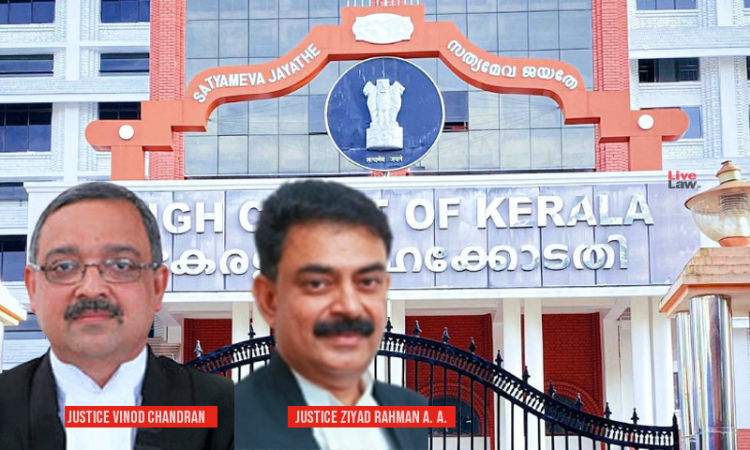Co-Accused Can't Be Examined As Prosecution Witness Unless Made An Approver By Grant Of Pardon: Kerala High Court
Shrutika Pandey
30 Aug 2021 10:02 AM IST

The Court also said that a person already convicted in the same case cannot be sought to be examined as an approver.
Next Story


